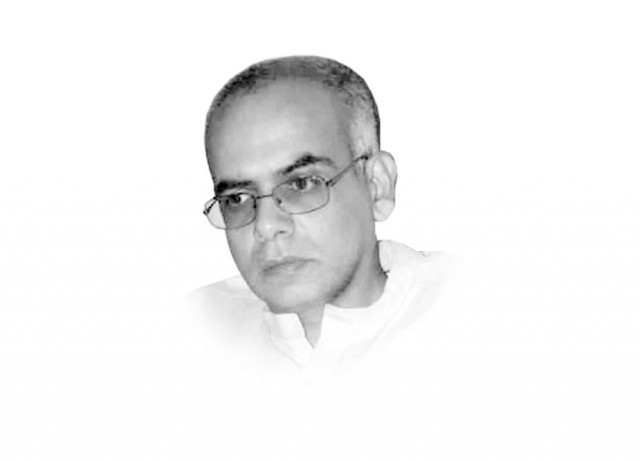Bracing for another bout of dengue
End of winter raised new fears about re-emergence of dengue, possibility of it causing even greater damage this time.

Considering the havoc that the virus caused not only in Lahore, but across several districts of Punjab during the past year, one hopes that the authorities are ready to deal with the problem more effectively. Besides Punjab, other vulnerable regions, such as Karachi also need to be prepared to tackle a potential outbreak. What we need is a nationwide policy to deal with the dengue threat with an emphasis on controlling the mosquito population, disease surveillance and better disease management.
The Government College University Zoology Department Chairperson was recently quoted in the press announcing the discovery of high dengue infection rates (33 per cent) in mosquitoes collected from various localities of Lahore. Experts have raised concerns about mosquitoes developing resistance to insecticides and warned against substandard fumigation given its public health risks. Instead, they suggest the use of insect-growth regulators and other bio-control methods. But there is no sign of any such alternative measures being put into place.
Given the hapless condition of public and even private hospitals last year, struggling to cope with lines of patients requiring blood tests and facing a dearth of basic medicines and specialised machines for platelet transfusions, one wonders if health facilities are ready to deal with the impending dengue threat. Given the number of people who have already been exposed to one strain of the virus, their susceptibility to its three other strains, remains a major problem. Early clinical diagnosis and careful clinical management, thus, are vital since, mishandling is bound to increase complications and result in fatalities.
The World Health Organization (WHO) and the Government of Punjab have held an international conference on ‘Dengue and Its Control’. While 20 international experts and 140 national stakeholders –– including relevant officials and provincial health departments –– attended the conference to come up with several new strategies and suggestions for eradication of dengue. It would have been more encouraging at this stage to see evidence of on-ground collaboration and available mechanism to contend with the impending threat.
The Punjab government should have organised this dengue control conference earlier and already established the recommended centre of excellence in Lahore with a view to effectively combat dengue in all of Pakistan. The WHO should have also acted quicker and put in place the proposed Collaborating Centre for conducting operational research to collect data for an effective response to potential epidemics, such as dengue.
Yet, neither the federal nor any of the provincial governments seem to have the required capacity for assessment and monitoring, vector control, laboratory and case management, or integrated surveillance of potential epidemics threats.
While the Dengue Expert Advisory Group seems to have been formed in Lahore, one wonders if it has the operational capacity and ability to monitor dengue outbreaks across the province. Similarly, it is unlikely that a handful of last minute awareness-raising or capacity-building workshops for public health officials –– and even other reported measures, such as launching a clean-up operation within the mammoth city of Lahore –– will prove effective enough to successfully curb the spread of dengue this year.
Published in The Express Tribune, March 14th, 2012.













COMMENTS
Comments are moderated and generally will be posted if they are on-topic and not abusive.
For more information, please see our Comments FAQ